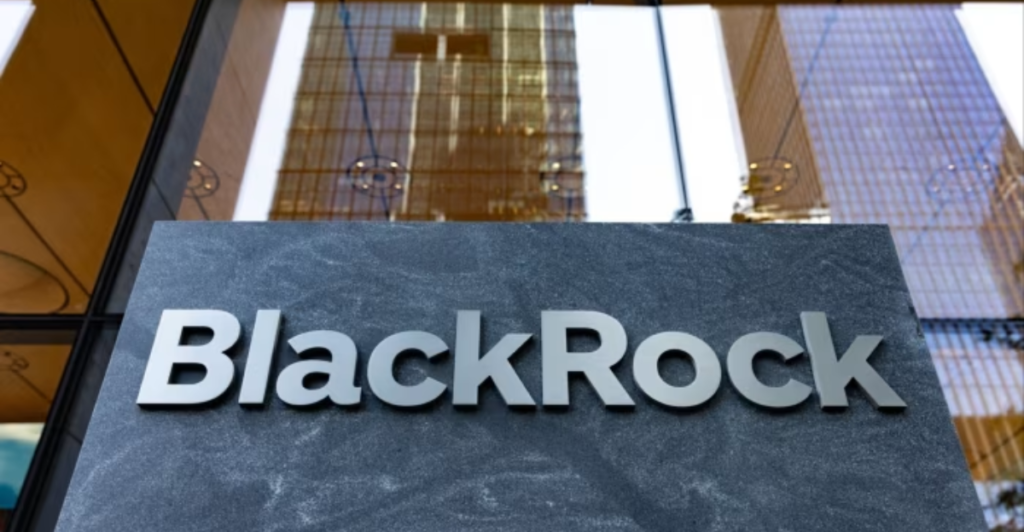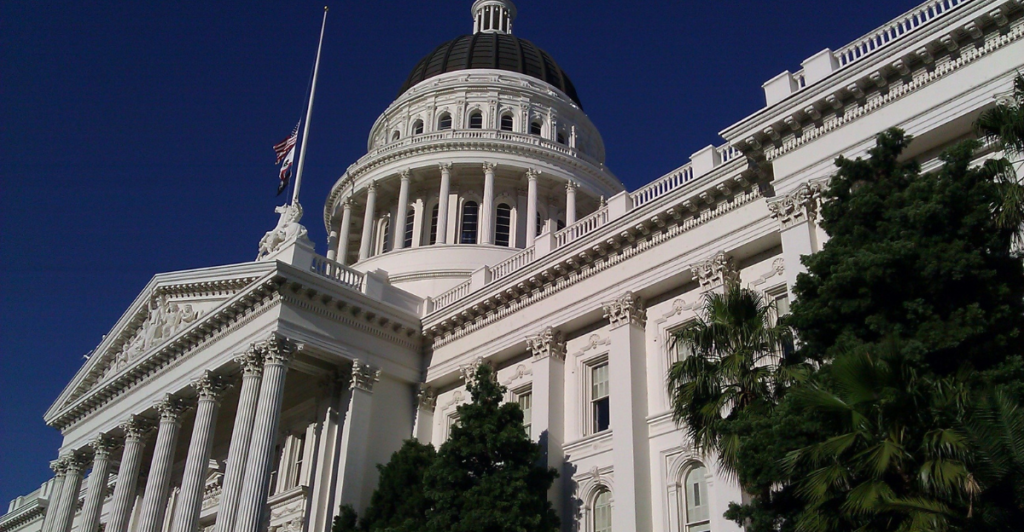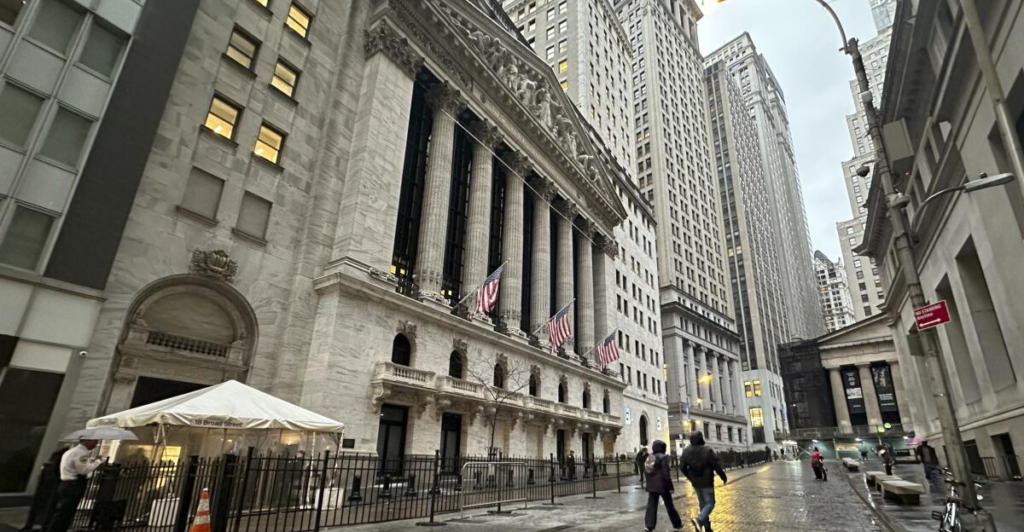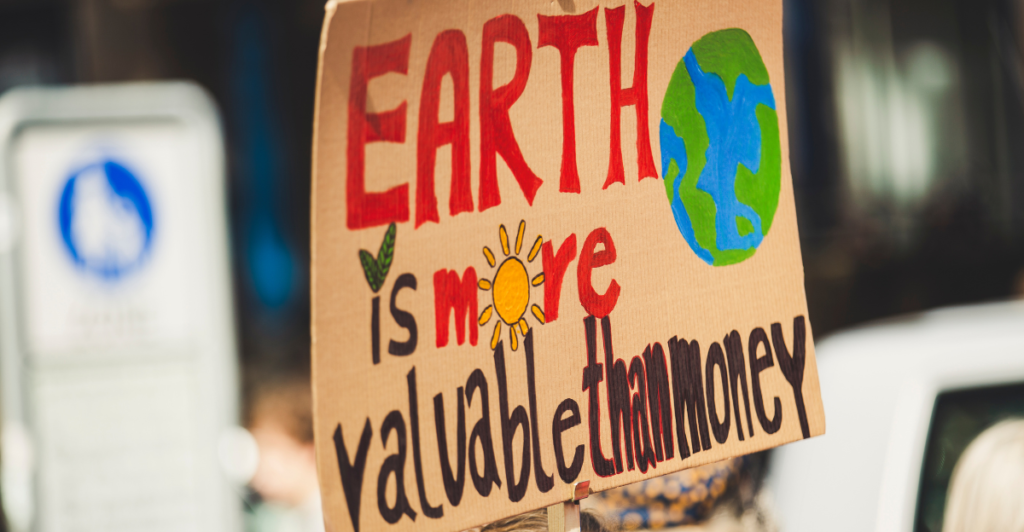
Once upon a press release, big companies were all in on saving the planet. Carbon neutral by 2030! Net-zero pledges. Diversity. Solar panels. Fast-forward to 2025, and many are moonwalking out of those promises under pressure from conservative backlash and political heat. From oil giants to retail chains, some of corporate America is cooling off on climate action. The reason? Climate plans are now seen as too “woke,” too expensive, or too risky for boardroom comfort. Turns out that progress can be PR-dependent and easily undone.
Tractor Supply Just Hit Reverse

Tractor Supply Company didn’t just pivot, they slammed on the brakes. After right-wing influencers called out the brand for supporting DEI and Pride events, the company dropped its carbon goals, ended diversity hiring efforts, and ditched all “woke” marketing. The move sparked praise from conservatives and fury from former loyal customers.
BlackRock’s ESG Glow-Up Is Over

The world’s biggest asset manager made headlines for embracing climate responsibility. Now? BlackRock has quietly exited the UN-backed Net Zero Asset Managers initiative and walked away from its ESG-heavy image. The firm is dropping diversity goals, ditching sustainability-linked credit targets, and—ironically—trying to stay “neutral” in a red-hot political moment.
Big Oil Gets Real Comfortable

Oil giants like BP and Shell once promised aggressive green energy shifts. But with conservative support and fossil fuel profits booming, they’re backpedalling hard. BP has scaled back renewables investment. Shell is doubling down on oil. It’s a classic case of climate commitments vs. shareholder returns—and guess who’s winning?
“Woke Capitalism” Becomes a Weapon

The term “woke capitalism” used to be niche. Now it’s political ammo. Conservative lawmakers are punishing companies for climate and equity efforts—sometimes through lawsuits, sometimes with boycotts. Suddenly, ESG (Environmental, social and governance) isn’t just a risk factor, it’s a reputational liability. And many corporations are choosing the path of least resistance.
Climate Goals Meet Wall Street Pressure

Rising interest rates and tighter markets are making big, bold climate investments harder to justify. CEOs are feeling the squeeze. If green initiatives don’t offer quick ROI, they get cut. Finance departments are running the sustainability show now, and they’re trimming anything that isn’t mission-critical. Carbon neutrality isn’t exempt.
Executives Are Playing It Safe

Internal reports show that many companies are still working on sustainability, but quietly. Some are scrubbing their websites of climate language. Others are pausing announcements altogether. They don’t want to look anti-planet, but they definitely don’t want to trigger headlines. In this climate (pun intended), silence is the safer strategy.
DEI Gets Rolled Back Too

Climate isn’t the only casualty. Corporate DEI programs are also on the chopping block, with execs worried about the political optics. Companies that once bragged about diversity targets are now ghosting the conversation entirely. It’s not just a climate retreat, it’s a corporate identity crisis in full swing.
The Consumer Knows

It turns out people notice when brands fold under political pressure. Tractor Supply lost customer trust overnight. Social media backlash hit hard. Younger, climate-conscious consumers are calling companies out for the U-turns. In a world where transparency is everything, these walk-backs aren’t happening in the dark.
But Not Everyone’s Backing Down

Some companies are sticking to their goals—quietly but firmly. Patagonia, Microsoft, IKEA, and others are still pushing climate innovation, even amid pressure. The future of corporate climate action may hinge on which brands are willing to take the heat and which ones keep ghosting when things get controversial.
Greenwashing in Reverse

The age of performative climate action gave us flashy goals and glossy pledges. Now, we’re entering the era of silent retreat. But make no mistake: these backtracks aren’t just optics, they’re choices with real consequences. In the end, the companies that stay the course might be the only ones worth trusting.
Explore more of our trending stories and hit Follow to keep them coming to your feed!

Don’t miss out on more stories like this! Hit the Follow button at the top of this article to stay updated with the latest news. Share your thoughts in the comments—we’d love to hear from you!







